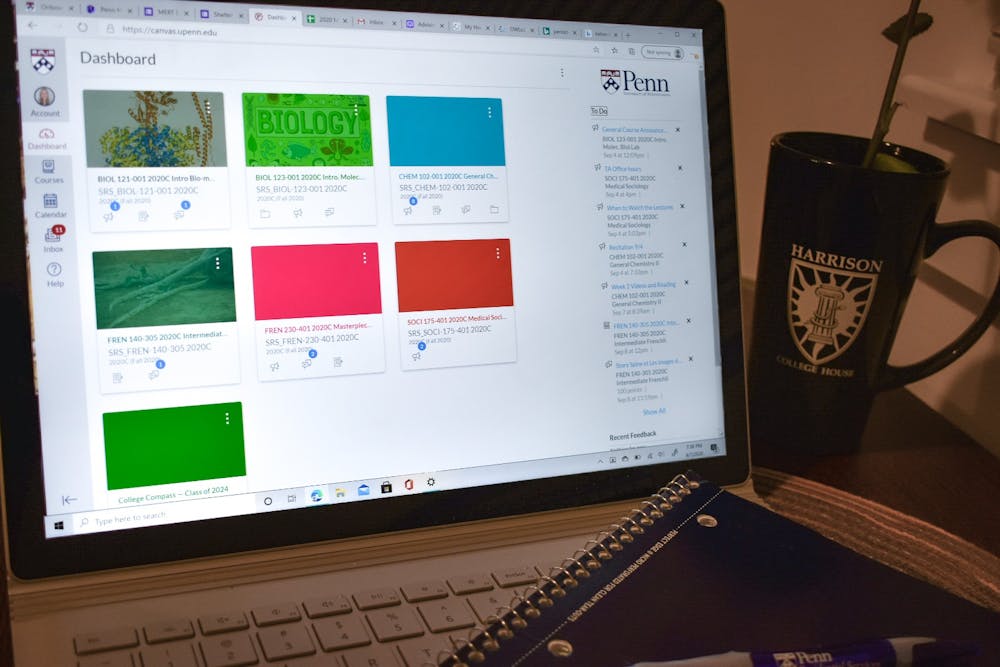Last fall, I spent the first week of college getting donuts with my hallmate, shopping for posters in Houston Hall, and doing the slightest bit of homework. That was expected though; it was syllabus week, a week noted for the lack of work assigned since the courses are just being introduced. A year and one pandemic later, I am at home and already feeling the mounting pressure of hundreds of pages worth of readings, looming problem sets, and even papers about a week into the semester. The pandemic has changed the way professors are pacing their course, and we permanently have to adapt to the idea that this marks the end of syllabus week.
As many Penn students know (or are used to), most Penn professors and teaching assistants would spend the first lecture or recitation going over the syllabus in painstaking detail. While this first class may not have been the most mentally stimulating, it offered students a chance to ease back into the rhythm of school. Since the University announced that the ongoing pandemic meant almost all undergraduate courses would be online, the instruction of courses has changed.
This began with professors reaching out earlier in the summer, perhaps with a course prospectus or to explain whether classes would be held asynchronously or synchronously. As the days to the start of school began to inch into single digits, more concrete information was released by professors, including a syllabus. Along with this came syllabus videos, which were essentially taking the first week of school and making it a prerequisite for the first actual lecture.
Gone were the days of skimming a syllabus before class; it is now integral to understand the course logistics close to perfectly before the lecture. Any questions are now briefly covered in the beginning of a synchronous class or expected to be emailed for asynchronous courses. Professors’ increased familiarity with Panopto and Canvas has made syllabus week an online institution and the first week of classes the true beginning of learning and I think we may have to adjust to this in a post-pandemic world.
Thinking towards the future, one should wonder why would professors ever want to return to the previous organization of syllabus week when instead they could begin class almost right away, perhaps only devoting a 20-minute block of class time for syllabus-related or logistical questions. While some professors may not take advantage of online resources and post a syllabus video, as a whole it is likely that professors will move towards this change. This means diving right into instruction when live classes resume, making syllabus week as we knew it yet another tenant of life permanently changed by the coronavirus pandemic.
While this may be a big disappointment to some I think that it is just an example of the evolution of education. The pandemic served as a catalyst for society’s utilization of technology in many facets, education being a large component. It was inevitable that the world would change after a health crisis of this magnitude; the end of syllabus week may just be one of the ways.
ISABELLA GLASSMAN is a College sophomore studying Philosophy, Politics, & Economics.









